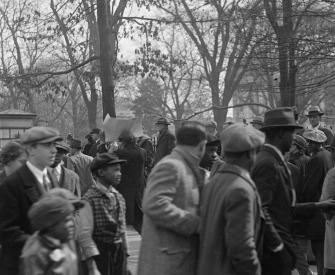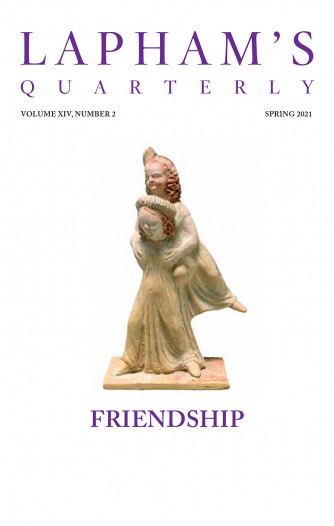Dear sir,
Can you send me the bills for the two copying presses that were sent to the M. de Lafayette and the M. de Chastellux? The latter makes one article in a considerable account, of old standing, and which I cannot present for want of this article. I do not know whether it is to yourself or Mr. Adams I am to give my thanks for the copy of the new Constitution. I beg leave through you to place them where due. It will be yet three weeks before I shall receive them from America. There are very good articles in it—and very bad. I do not know which preponderate. What we have lately read in the history of Holland, in the chapter on the Stadtholder, would have sufficed to set me against a chief magistrate eligible for a long duration, if I had ever been disposed toward one. And what we have always read of the elections of Polish kings should have forever excluded the idea of one continuable for life. Wonderful is the effect of impudent and persevering lying. The British ministry have so long hired their gazetteers to repeat and model into every form lies about our being in anarchy that the world has at length believed them, the English nation has believed them, the ministers themselves have come to believe them, and what is more wonderful, we have believed them ourselves. Yet where does this anarchy exist? Where did it ever exist, except in the single instance of Massachusetts? And can history produce an instance of rebellion so honorably conducted? I say nothing of its motives. They were founded in ignorance, not wickedness. God forbid we should ever be twenty years without such a rebellion. The people cannot be all and always well-informed. The part which is wrong will be discontented in proportion to the importance of the facts they misconceive. If they remain quiet under such misconceptions it is a lethargy, the forerunner of death to the public liberty. We have had thirteen states independent eleven years. There has been one rebellion. That comes to one rebellion in a century and a half for each state. What country before ever existed a century and a half without a rebellion? And what country can preserve its liberties if their rulers are not warned from time to time that their people preserve the spirit of resistance? Let them take arms. The remedy is to set them right as to facts, pardon, and pacify them. What signify a few lives lost in a century or two? The tree of liberty must be refreshed from time to time with the blood of patriots and tyrants. It is its natural manure. Our Convention has been too much impressed by the insurrection of Massachusetts, and in the spur of the moment they are setting up a kite to keep the hen yard in order.
From a letter to William S. Smith. Serving as minister to France between 1784 and 1789, Jefferson was abroad for the “one rebellion” to which he alluded, Shays’ Rebellion, an armed uprising by debt-ridden farmers that in part led Congress in February 1787 to endorse the call for a convention to amend the Articles of Confederation. The U.S. Constitution was completed on September 17, and less than two months later, Jefferson wrote this letter to Smith, a politician and the son-in-law of John Adams, who was then working in a diplomatic capacity in London.
Back to Issue



